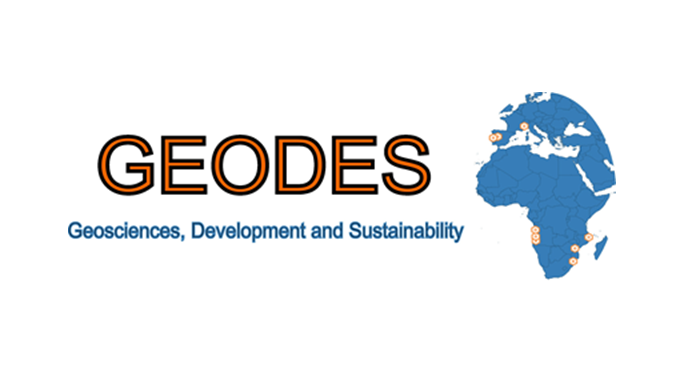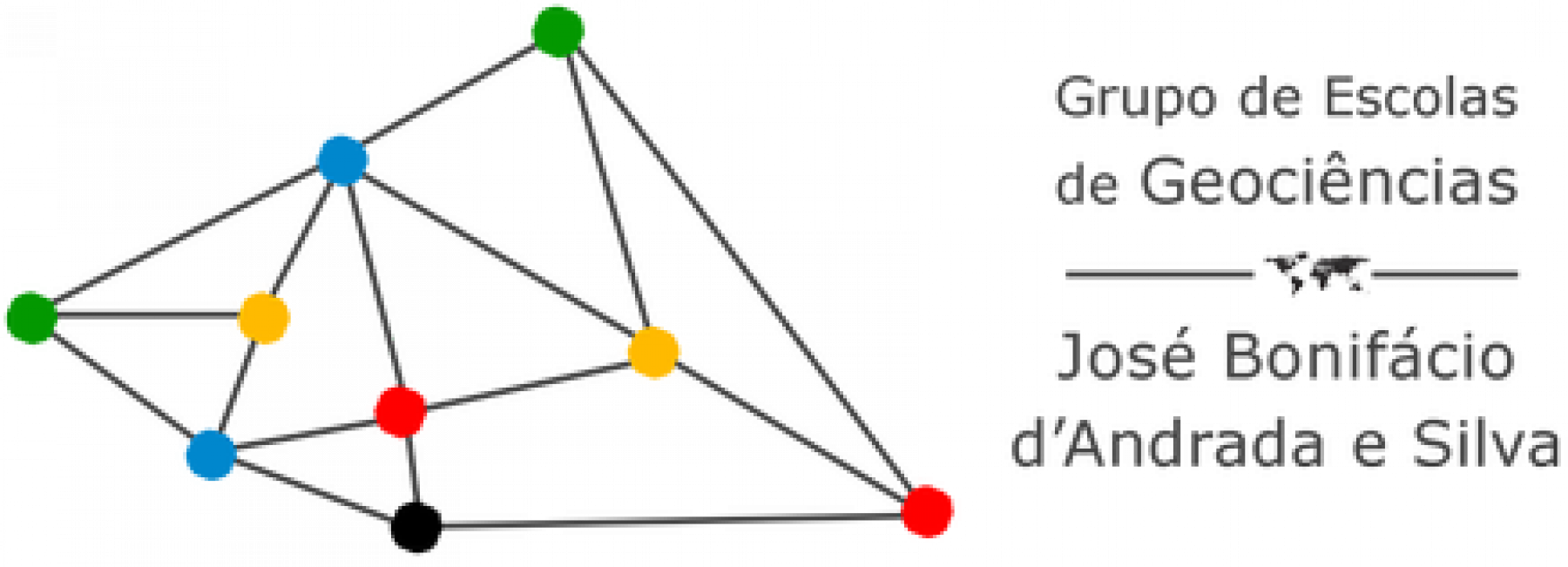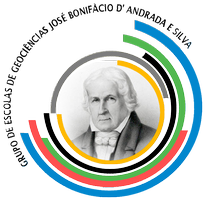Projects
Competitive Financing
| Reference: | PTDC/CTA-GEO/0125/2021 | |
| Title: | Projeto SAMEPA - Speleothems as magnetic, environmental and paleo-fire archives | |
| Abstract: | ||
| Members of DCT-FCTUC's Team | Prof. Eric Font (IR) | |
| Start and end date: | ||
| Financing for the UC:: | € 244.649 |
| Reference: | MIT-EXPL/ACC/0023/2021 | |
| Title: | Projeto SpeleoMag - Analyzing environmental and climate records in Portuguese speleothems using ultra-high sensitivity magnetic microscopy | |
| Abstract: | ||
| Members of DCT-FCTUC's Team | Prof. Eric Font (IR) | |
| Start and end date: | ||
| Financing for the UC:: | € 48.698 |
|
Project Manager |
Professor Mário Q. Ferreira and Professor Pedro Proença Cunha | |
| Reference: | PTDC/CTA-GEO/30381/2017 | |
| Title: | Perigosidade marinha induzida por deslizamentos submarinos na margem Ibérica / MArine Geo-hazards InduCed by underwater LANDslides in the SW Iberian Margin (MAGICLAND) | |
| Abstract: | ||
| Membes of DCT-FCTUC's Team | Prof. Mário Quinta Ferreira e Prof. Pedro Proença e Cunha | |
| Start and end date: | 01-01-2019 ~ 31-12-2022 | |
| Financing for the UC:: | € 239.165 |
Project CLIMATE@COA
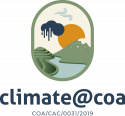
Climate and human adaptation during the last Glacial Period in the Côa Valley region (Portugal).
Project financed by FCT.
For more information, consult https://climatecoa.com/.
GEODES Project
PROJECT OVERVIEW
With the GEODES project, coordinated by professors from the Department of Earth Sciences at the University of Coimbra, training/research in the field of geosciences is promoted in institutions in Angola and Mozambique where it is taking its first steps and a large margin is recognized of progression. The main institutions to support are the Polytechnic Institute of Katiavala Bwila University (UKB, Benguela, Angola), Polytechnic Institute of Mandume ya Ndemufayo University (UMN, Lubango, Angola), Faculty of Engineering of the University of Lúrio (ULurio, Pemba, Mozambique) and Faculty of Geosciences and Environment of the University of Pungué (UPungue, Chimoio, Mozambique). The project also involves, with tutorial functions at a regional level, the universities where training in geosciences is more consolidated in both countries (Agostinho Neto University in Angola and Eduardo Mondlane University in Mozambique), as well as the universities of Salamanca and Turin. This is a project of the Erasmus+ Program that should reinforce the development of partnerships between the University of Coimbra and its Department of Earth Sciences with institutions in Angola and Mozambique.
For more information, see the Project Geodes website by clicking here.
SUGERE Project
PROJECT OVERVIEW
Reason:
To implement five Mining/Geology degrees with a focus on Local Economic Development. The target countries are: Cape Verde, Angola and Mozambique. The EU Partners are the Universities of Coimbra, Salamanca and Turin and a Research Centre (CES, PT). Scientific objectives: (i) Increase the understanding of the geoscientific factors affecting the global environment in order to improve human living conditions; (ii) Develop more effective methods to find and sustainably exploit natural resources of minerals, energy and groundwater (ii) Increase the understanding of geological processes and concepts of global importance, including an emphasis on socially relevant issues, (iii) Improve standards, methods and techniques of carrying out geological research. It follows the recommendations from the AU Agenda 2063 and the UN-SDGoals: (1), (4), (5), (6), (7) and (17).
Outputs:
Three BSc courses (Geology, Geological Engineering and Mining Engineering), one MSc (Geology) and one PhD (Geology) involving the training of at least 40 teachers and 250 students in two years of ongoing courses. Bibliographic materials will be prepared and a several online courses supplied. The courses will be aligned with the Bologna recommendations.
Impact:
To address the huge gap in terms of the requisite infrastructure and critical human resources at all levels to fully realize the potential benefits that would accrue from the sustainable use of mineral resources and to assure local benefits by tackling the root causes of poverty, levering inclusive growth and development and seeking to secure sustainable financing. To facilitate communication and exchange among scientists by bringing together complementary interests so as to improve standards, methods and techniques for carrying out geoscience research, including the transfer of fundamental and applied knowledge between collaborating partners. The partnership brings a new attitude regarding the exploitation of natural resources in Africa.
SURGE Project

The SURGE.CPLP project was approved under the Strategic Cooperation Programs of Instituto Camões. It comprises a set of activities aimed at supporting the implementation and harmonization of globally competitive higher education programs in the field of Geosciences. The project promotes the reorganization and creation of new curricula and the training of teachers and students, contributing to the improvement of environmental conditions, sustainable management of natural resources and local development in the target countries. The institutions involved are the DCT-FCTUC, with the Project Coordinator (Prof. Nelson Rodrigues), the National University of Timor-Leste, the University of Lúrio (Mozambique) and the Katyavala Bwila University (Angola) as beneficiary partner institutions.
Geosciences Group José Bonifácio d’Andrada e Silva
The Geosciences Schools Group continues the cooperation agreement between Higher Education Institutions of the Member Countries of the Community of Portuguese-Speaking Countries with regard to “(…) cooperation between higher education institutions through activities to support education and culture , scientific and technological research and development”.
It aims to consolidate the global relevance of Geosciences as a fundamental pillar for the knowledge society, for the valorization of resources and geodiversity, as well as for the creation of technologically developed and sustainable solutions.
This partnership adopts the name “José Bonifácio d'Andrada e Silva Schools of Geosciences”, in honor of the first specific chair in “Geology and Mines”, at the University of Coimbra, created by royal charter, on May 18, 1801, attributed to Professor José Bonifácio d'Andrada e Silva.
This content is loaded from a third-party and is not available because your browser has cookies disabled.
Here's what you can do:
Partner institutions
 |
| 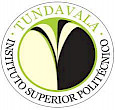 |
| 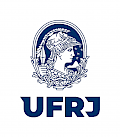 |
| 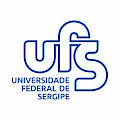 |
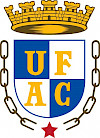 |
|
| Departamento de Geologia (Faculdade de Ciências) e Departamento de Engenharia de Minas (Faculdade de Engenharia), Universidade Agostinho Neto (Luanda, Angola) | | Instituto Superior Politécnico Tundavala (Lubango, Angola) | | Departamento de Geologia da Universidade Federal do Rio de Janeiro (Rio de Janeiro, Brasil) | | Laboratório de Geologia e Geo Engenharia de Petróleo (Progeologia), Núcleo de Petróleo e Gás (NUPEG), Universidade Federal de Sergipe (Sergipe, Brasil) | Universidade Federal do Acre (Rio Branco, Acre, Brasil) | |
| | | | | | | | ||
 |
| 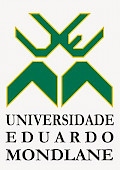 |
|  |
| 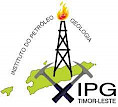 |
||
| Departamento de Ciência e Tecnologia da Universidade de Cabo Verde (Cidade da Praia, Cabo Verde) | | Departamento de Geologia da Universidade Eduardo Mondlane (Maputo, Moçambique) | | Departamento de Ciências da Terra da Faculdade de Ciência e Tecnologia da Universidade de Coimbra (Coimbra, Portugal) | | Instituto do Petróleo e Geologia (Díli, Timor-Leste) |
Scope of Activities
| Research, Development and Innovation |
|
Teaching and Training |
|
Institutional Capacity Building |
|---|---|---|---|---|
|
Strategic discussion: Scientific development and innovation; Articulation of companies and national/international organizations Cooperation between scientific groups: Scientific articles; books; minutes; knowledge transfer Resource sharing: Bibliographic; cartographic; laboratory resources and others Internationalization: International cooperation; Revalidation of skills |
Stimulate the exchange of experiences: Scientific-pedagogical; Pre and postgraduate curriculum plans Accreditation of the quality of teaching: Interinstitutional; multidisciplinary; Pre and post graduate study cycles; Revalidation of skills Internationalization: Summer courses; In/out mobility of students and teachers; Cooperation of R&D units; Attracting and welcoming researchers Teaching and Pedagogical Development: Technological advances: new communication channels |
Inter-institutional reference: Partnerships; mutual contributions Disclosure: Scientific congresses; Seminars; Workshops; Cultural events Sustainability: Joint applications; External resources. |



